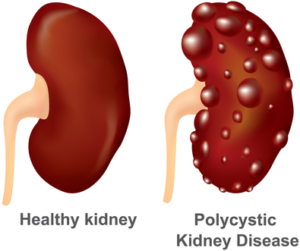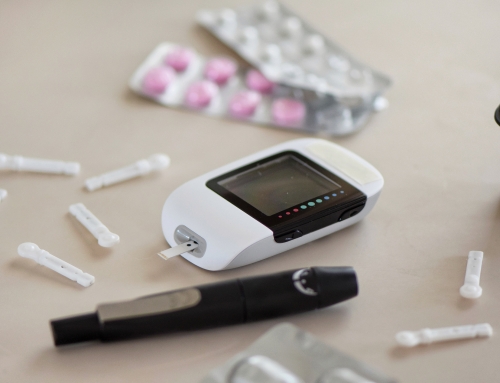Researchers are making progress toward developing medications to delay the progression of rare kidney diseases.
A study published in the Clinical Journal of the American Society of Nephrology reported a lower decline of estimated glomerular filtration rate (eGFR) among individuals with autosomal dominant polycystic kidney disease (ADPKD) treated with medication, compared to the control group. Glomerular filtration rate (GFR) measures kidney function effectiveness by documenting how well the kidneys are filtering the blood.
Researchers hope this type of medication will prevent or delay the need for an individual to go on dialysis or other kidney replacement therapy. The decline of eGFR was observed among individuals in both early and later states of chronic kidney disease.
 Autosomal Dominant Polycystic Kidney Disease
Autosomal Dominant Polycystic Kidney Disease
Autosomal Dominant Polycystic Kidney Disease (ADPKD) is a type of polycystic kidney disease (PKD) affecting approximately 400,000 people in the US as reported by the National Human Genome Research Institute. PKD is a genetic disorder where cysts develop and grow on both kidneys, which can diminish kidney effectiveness and lead to kidney failure.




